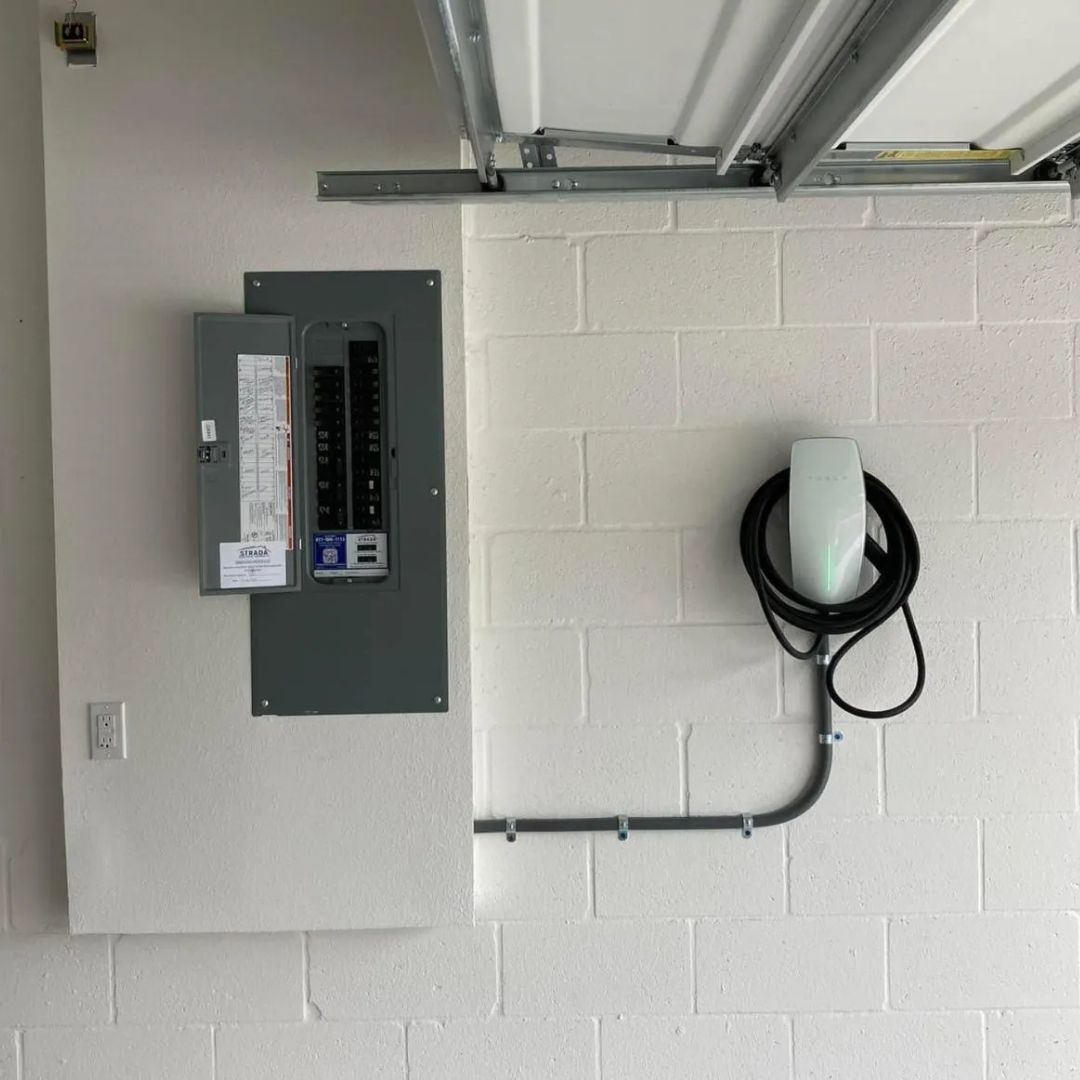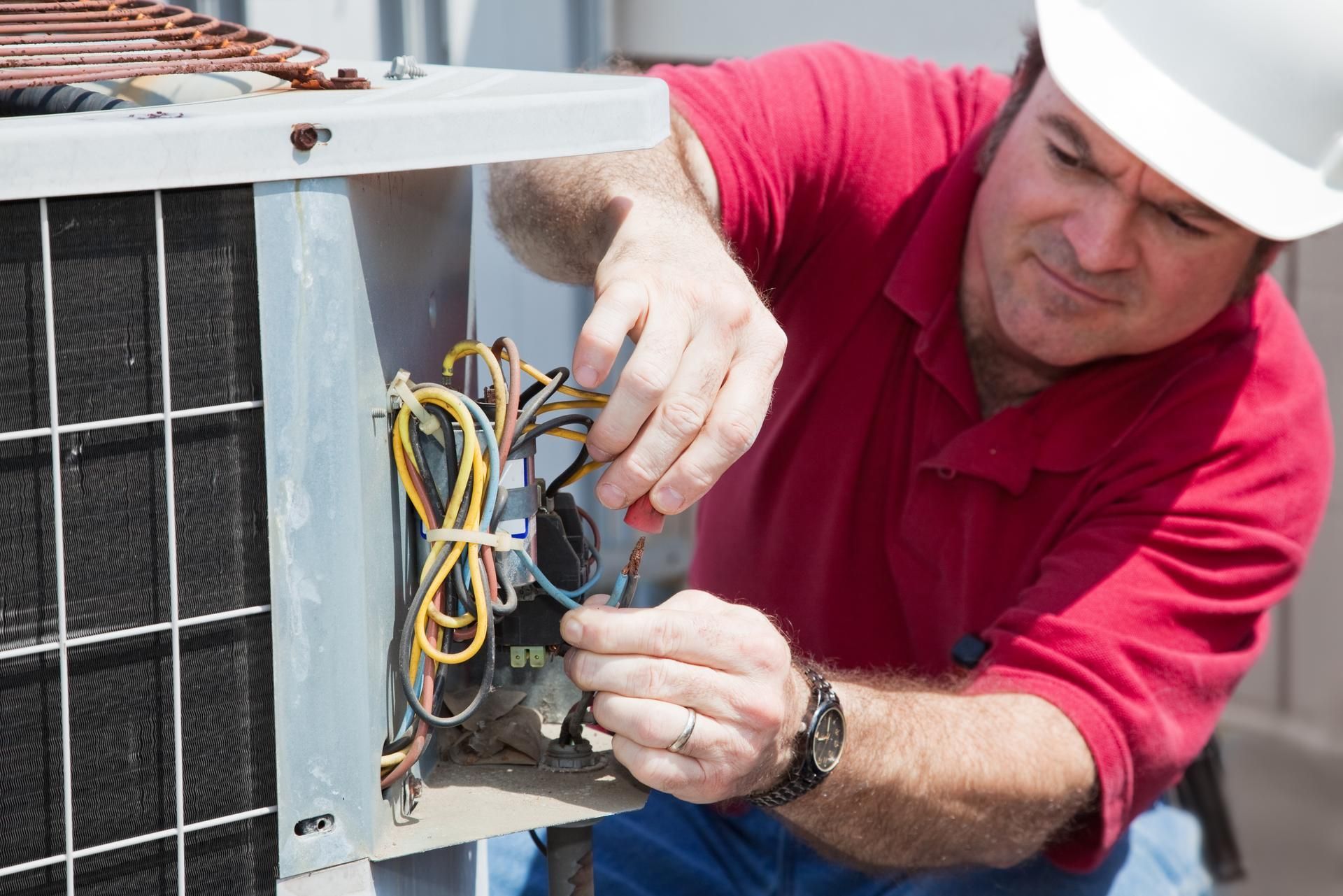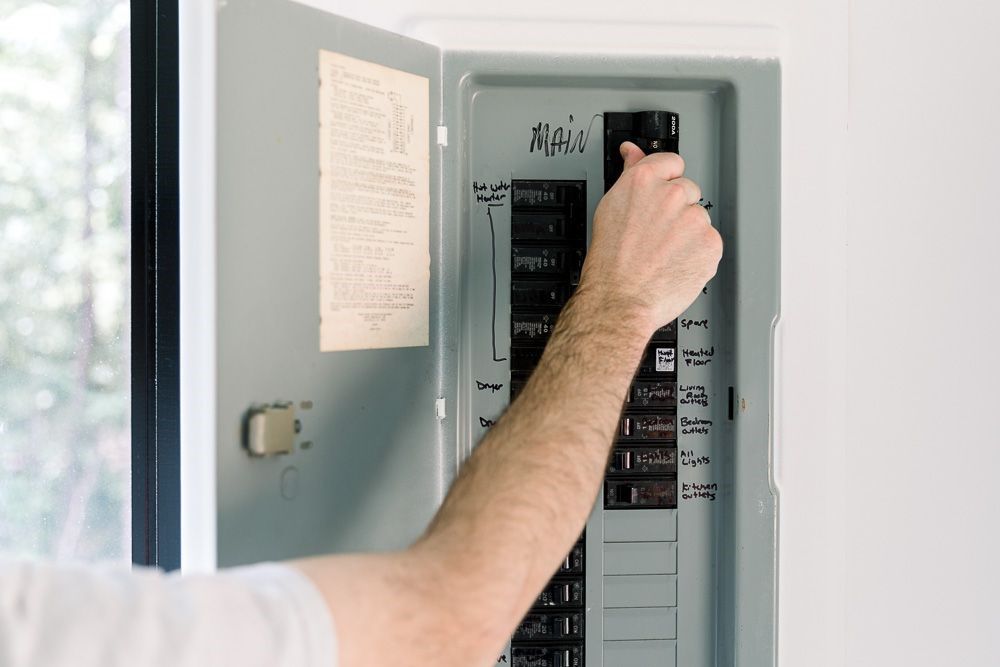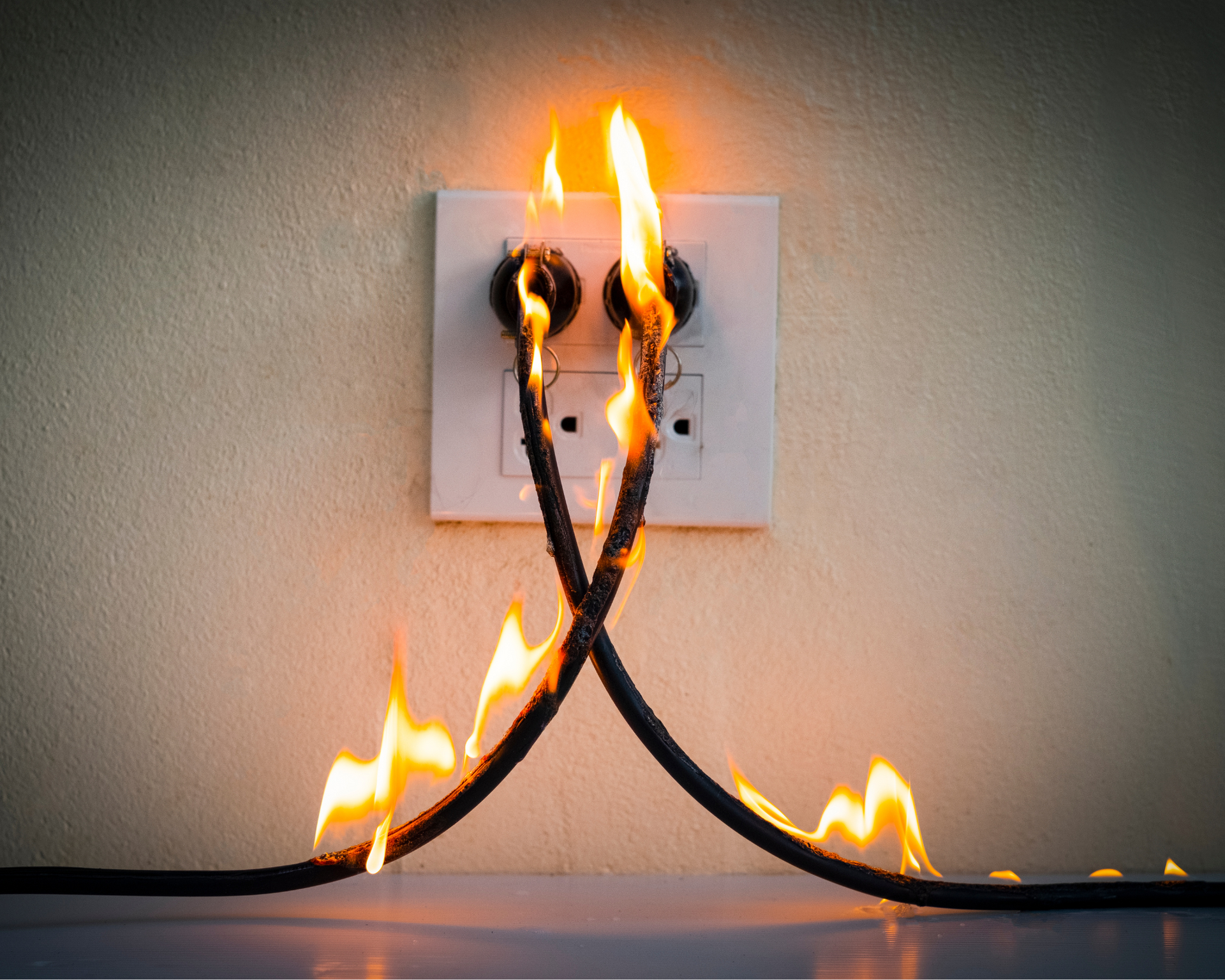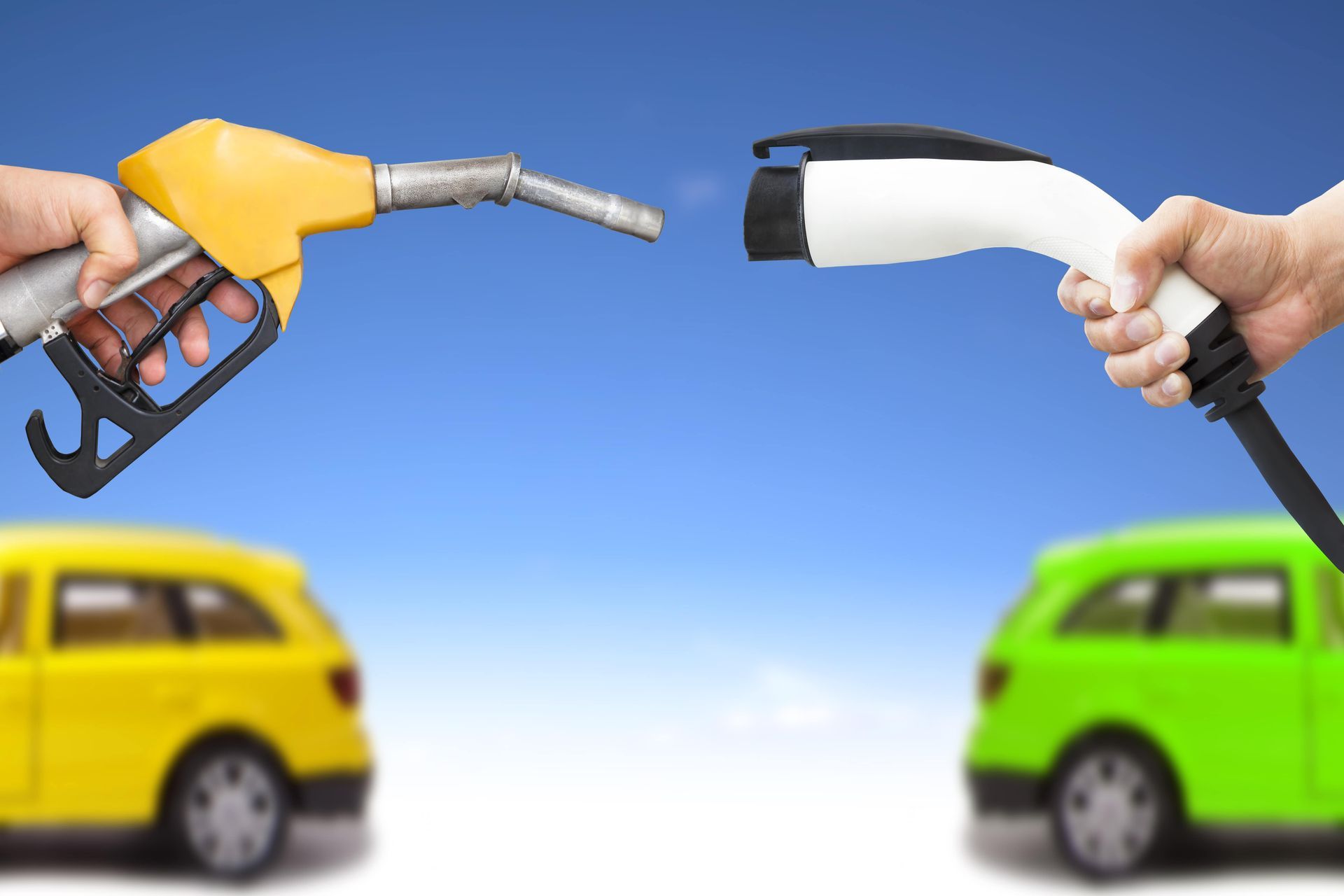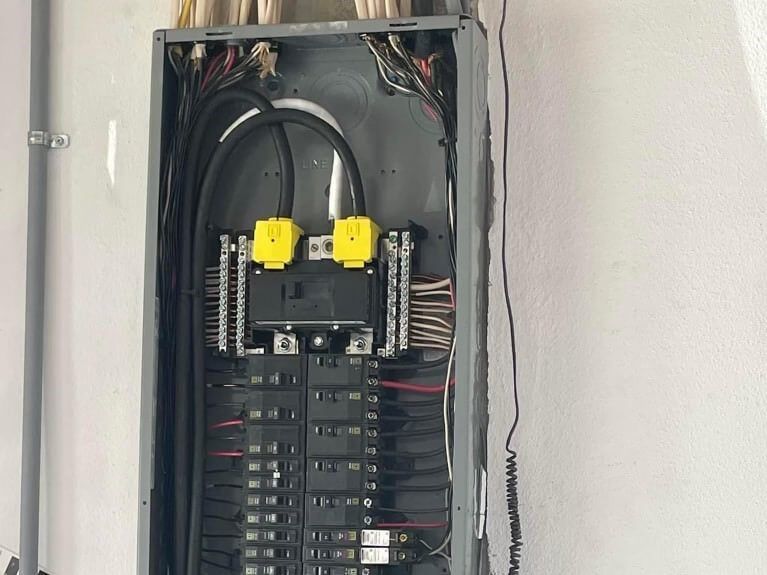What to Expect from Home EV Charger Installation
As electric vehicles (EVs) continue to gain popularity, homeowners are increasingly considering the convenience and efficiency that comes with having an electric vehicle charger installed on their property. If you're contemplating this upgrade, understanding the installation process can help you navigate it successfully. This blog aims to provide a comprehensive overview of what you can expect when getting an EV charger installed at your home, from the initial consideration to the final touches of the installation process.
Understanding Your Charging Needs
Before diving into installation, you'll first need to assess your specific charging needs. Factors such as the type of EV you own, your daily driving habits, and the charging level required will all play a crucial role in determining the best solution for you. Many electric vehicles can be charged with a standard Level 1 charger that fits into a regular household outlet. However, for faster charging, a Level 2 charger is recommended, as it can dramatically reduce the time it takes to fully charge your vehicle.
Researching the Right Charger
With an understanding of your needs in mind, the next step is to research the various types of chargers available on the market. Many charging units come equipped with smart technology that allows for remote monitoring and scheduling, which can provide additional convenience. Consider factors such as compatibility with your vehicle model and the charger’s energy efficiency ratings. These elements will not only affect your charging experience but can also influence the overall installation process.
Finding a Qualified Installer
Next, it is crucial to find a qualified professional for your EV charger installation. Look for certified electricians who have experience specifically with EV chargers. This can mean checking online reviews, asking for recommendations from fellow EV owners, or consulting local EV associations. A professional will not only ensure that the installation is safe and adheres to local building codes but can also help with any permits that may be required.
Planning and Preparation
Once you've identified a qualified installer, they will work with you to plan the installation. This involves evaluating your property and determining the most suitable location for the charger, typically near your parking area or in your garage. Factors such as accessibility to your electrical panel and proximity to the vehicle's parking space will be taken into account. The installer will also review your electrical system to ensure it can handle the added load of the charger. In some cases, you may need an electrical panel upgrade to accommodate this new equipment.
The Installation Process
On the day of the installation, the technician will arrive prepared to install the charger according to plan. The process usually involves mounting the charging unit on a wall in a convenient location, running electrical wiring from your panel to the charging location, and performing necessary conduit work where required. Most installations can be completed within a few hours, though this can vary based on the complexity of the job and any additional electrical work that may be needed.
During the installation process, it's a good idea to ask questions and stay informed. Your technician can explain how the unit operates and how to troubleshoot common issues.
Post-installation Considerations
After the installation is complete, the charger will undergo a test to ensure it functions appropriately and meets safety standards. Most electricians will also provide guidance on how to set up any smart features, such as mobile app connectivity or scheduling the charging times to take advantage of lower electricity rates.
In addition to enjoying the benefits of your new charger, you may also be eligible for rebates or incentives from your local municipality or state. These programs can help offset the cost of the installation and encourage the adoption of electric vehicles, thereby contributing to a cleaner environment.
Having an electric vehicle charger installed at your home can significantly enhance your driving experience while aligning with sustainable energy practices. By understanding the process and preparing accordingly, you can ensure a smooth installation that meets your needs for years to come.
Contact us at Faulkner Electric to learn more about getting an electric vehicle charger installed on your residential property.


